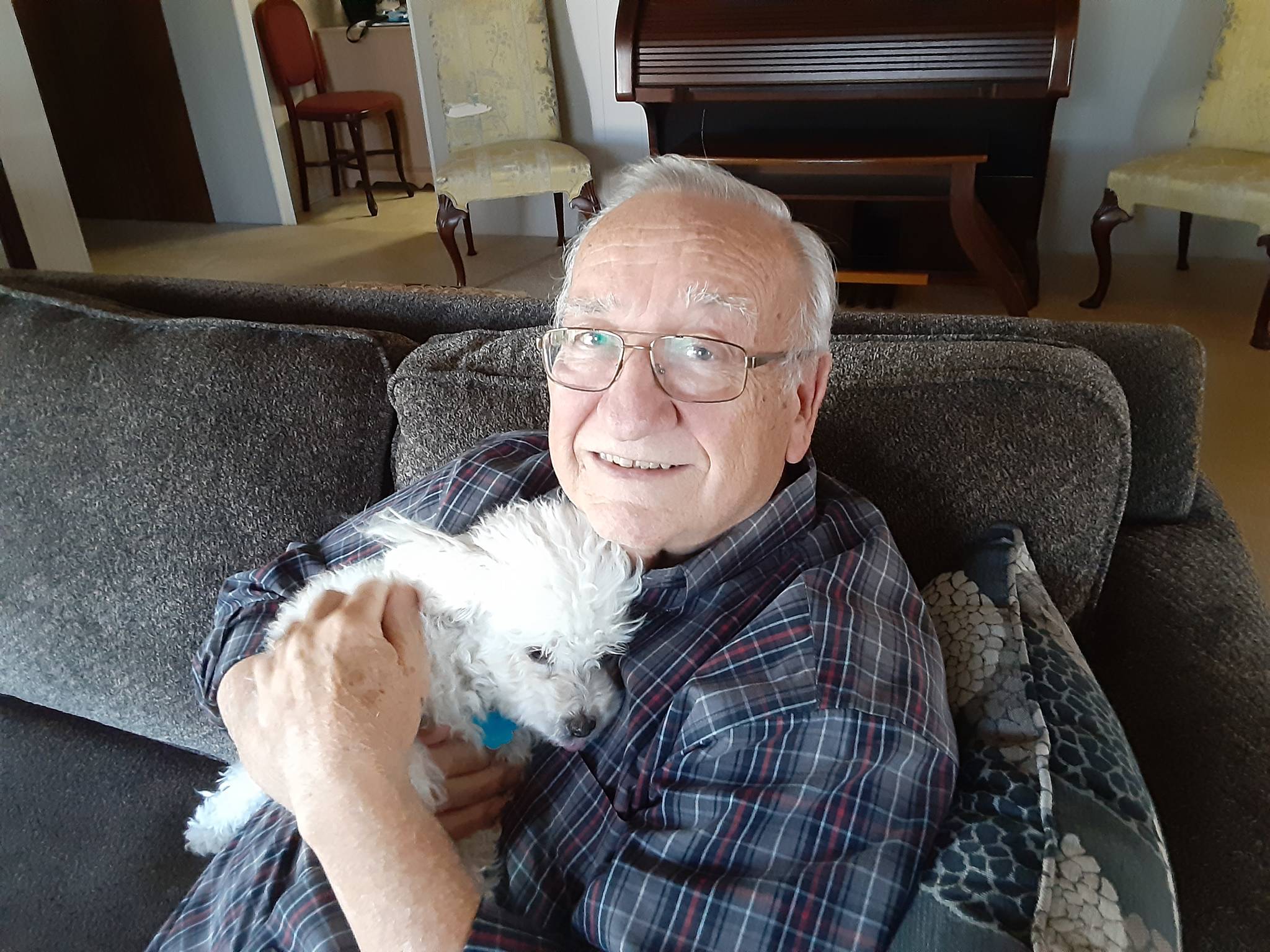Virgil McLagan graduated from Federal Way High School in 1956 with 1,000 pins and needles pricking him all over his body.
McLagan knew exactly where he wanted to get to, and he couldn’t get there fast enough. But he had two weeks to wait — two weeks until he pitched into basic training with the U.S. Air Force.
“I wanted to go out and get in my jet and fly,” McLagan, now 82, recalled recently from his home in Rio Verde Mobile Estates in north Auburn.
He also wanted to follow the example his three older brothers had set him with their service in World War II.
But he had not been one of those boys who dream of flying, the boys who dangle on strings attached to the ceiling model planes they build, the boys who follow the adventures of the fly boys of wars past.
What really urged him on was something else that was common to young men of that time.
“In those days, you went in the service, you defended your country,” McLagan said. “When I was 18, I would have gone anywhere they sent me, and proudly.”
Like young men of all epochs who perhaps think they’ll live forever and do not give a moment’s thought to their own mortality.
“I was 18, and all of us were anxious to serve,” McLagan said.
So, he went on to training and service in California; Biloxi, Miss.; and finally, McChordAir Force Base in Tacoma.
“I was working with state of the art, new stuff at the time, an early warning system. When I first hit McChord, we had F-86s, and in those days, Tex Bennecke was the test pilot for Boeing with the B-52. He’d take a B-52 out and climb up to 40,000 feet, and he’d call us and say, ‘OK, fly boys, come get me! So, we’d scramble the 86s out of McChord, and hell, we couldn’t even catch him. But then we got in a squadron of 102s, the one with the delta wing on it, the guys would catch up and do a rollover right in front of him before he even knew they were coming. So we used to play those war games all of the time.”
“Then we got the 104s in, the plane they called a ‘missile with a man in it,’ and they go, ‘whoosh,’ just like that,” he continued.
“I enjoyed the service,” McLagan said.
But life was about to throw him a curve ball.
“I wanted to fly,” McLagan explained, “but what no one had told me was that you can’t be a pilot unless you’re a college graduate. I was screwed then, because that’s why I went in. So I asked the people when I came out of basic training, ‘What do I have to do to fly? And they said, ‘Well, first you’ve got to be an officer.’”
By that time he was doing well, airman second class, so he signed up to test for Officer Candidate School.
Then his aging parents both fell ill, and as Virgil was the only member of his family who wasn’t married, it fell to him to care for them. But he loved his parents, and that was okay with him.
“The base commander called me in one day, and he said, ‘I’ve got good news and bad news.’”
“OK, give me the good news first.”
“He said, ‘Well, you’re qualified, and you’ve been appointed to go to Officer Candidate School.”
“Wow, that’s fantastic,” I said. “Then he says, ‘bad news is, you’re out of the Air Force.’”
They kicked him out on a hardship to go take care of his family.
And that was that.
He dutifully tended to his parents and married his childhood sweetheart. In 1959, the couple had a son, Randy, but his wife died in childbirth. So, as a single parent with a young son to raise, McLagan went to work in the insurance business.
“When I got out, just before Vietnam, and the Air Force did offer me a commission to stay in the Reserves and teach a class. I’ve always regretted that I didn’t do that, because I really enjoyed the service,” he said.
He remains to this day fiercely patriotic.
“This is the United States of America, and I’m damned proud of the United States of America, and I’m proud of our flag, and I praise our veterans because I know what they’ve done.”


